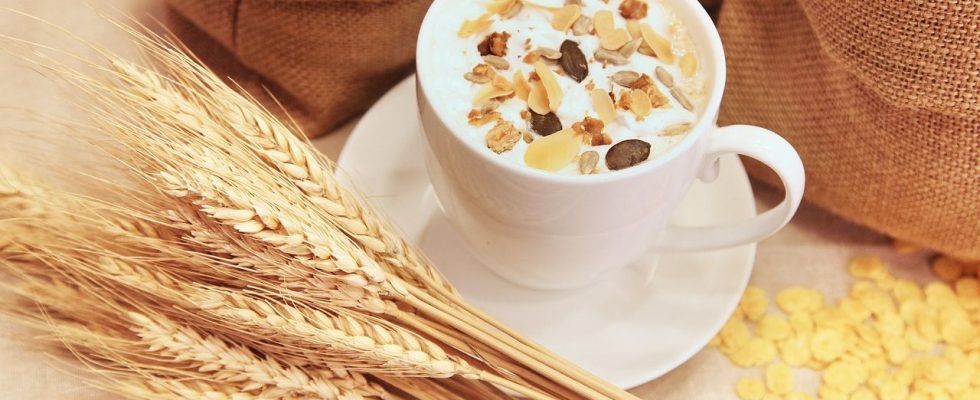In the large family of carbohydrates, we ask for dietary fiber. Undigested by the small intestine, the fibers are found almost intact in the colon where they are then fermented by the microorganisms of our microbiota.
So what is their benefit in our diet and for our health? For the knowledge, 20 minutes consulted Sophie Janvierdietician-nutritionist and also author of the book, The gentle method to eat better published by Leduc.
The benefits of fiber in our diet
Fibers are in a way the skeleton of foods of plant origin, their “matrix”, explains Sophie Janvier. And although they are non-digestible, the nutritionist says that they are “essential to our overall health”.
1. Fiber plays a protective role in the intestinal barrier. “Their fermentation by intestinal bacteria will allow the production of substances beneficial to our health,” says the professional. As is the case with short-chain fatty acids which help, among other things, to protect us from chronic inflammation.
2. Fiber helps prevent cardiovascular diseases. They help “keep blood sugar levels stable” or even reduce cholesterol.
3. Fiber helps fight constipation. “They are the allies of a normal transit.” The nutritionist also advises eating 30 g per day.
Fiber in your diet
If you’re looking for fiber, you’ll only find it in plant-based foods. According to Sophie Janvier, the best sources are fruits and vegetables, whole grains (pasta or whole rice, whole wheat flour, etc.) or naturally rich in fiber (oats, buckwheat, quinoa, etc.), seeds (almonds, walnuts, pistachios, seeds chia, flax, etc.), dried vegetables (lentils, chickpeas, dried beans, etc.) and the best for last… cocoa.
“Also interesting is resistant starch, a type of starch that does not break down into sugar and which is a real feast for our microbiota,” adds the nutritionist. You can find it in dried vegetables, green bananas, potatoes or cooked and cooled pasta.
Fiber is not for everyone’s intestines
“Some people, particularly those who have an irritable intestine, will have difficulty coping with fiber, which can create pain, bloating, gas and disturbed transit,” warns the nutritionist.
In this case, it may be useful to try the low fodmap protocol, explains Sophie Janvier, trained by Monash University in this protocol which consists of limiting fermentable fibers (dried vegetables, cabbage, garlic, onion) for a specific time ( but above all not definitively).

